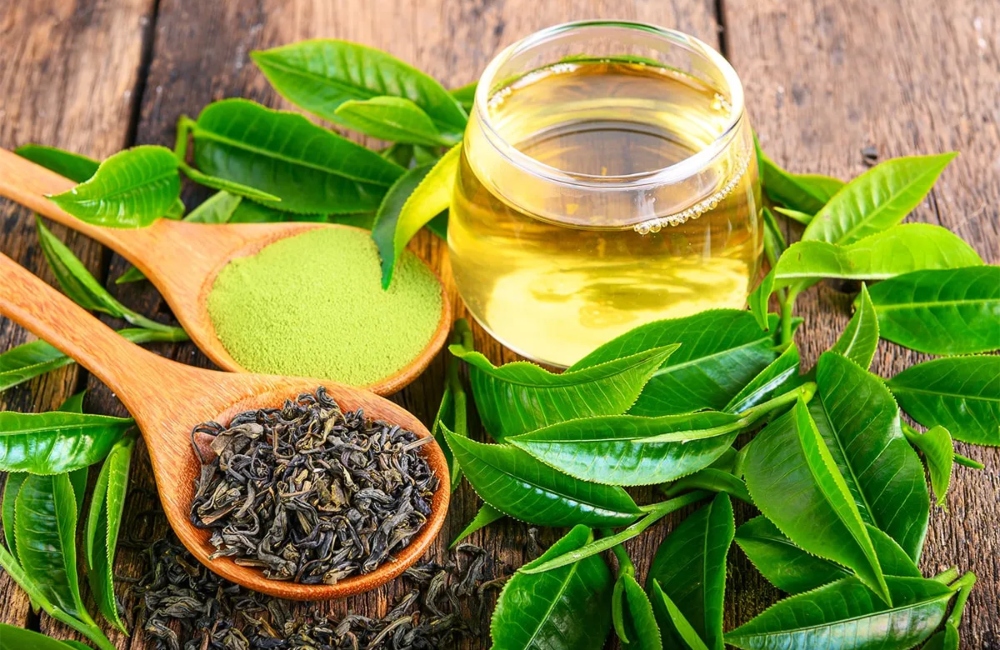










According to a research, long-term high-dose green tea extract consumption may offer some protection against cancer, cardiovascular disease, obesity, and type 2 diabetes, but it may also harm the liver in a small proportion of people.
Who is most likely to suffer liver damage?
Two genetic changes that foretell some of the risks are the first specific cue, according to Rutgers study that was just published in The Journal of Dietary Supplements. According to Hamed Samavat, senior author of the study and assistant professor of nutrition sciences at the Rutgers School of Health Professions, “learning to predict who will suffer liver damage is potentially important.”
High doses of green tea extract may potentially have significant health benefits for those who can take them.
Researchers examined whether individuals with particular genetic variations were more likely than others to exhibit signs of liver stress after ingesting 843 milligrammes per day of the primary antioxidant in green tea, a catechin called epigallocatechin gallate. The Minnesota Green Tea Trial data was used in this research.
The two genetic variants in question were selected by researchers under the direction of a doctoral student, Laura Acosta because each one controls the production of an enzyme that breaks down EGCG. The Minnesota Green Tea Trial was chosen as a study because it was a sizable, carefully planned trial with a specific target audience. Over 1,000 postmenopausal women participated in the 12-month, placebo-controlled study, and data were collected at three, six, nine, and twelve months.
Researchers’ investigation revealed that a difference in the catechol-O-methyltransferase (COMT) genotype and a change in the uridine 5′-diphospho-glucuronosyltransferase 1A4 (UGT1A4) genotype were both substantially predictive of early symptoms of liver damage in women.
After nine months of taking the green tea supplement, participants’ levels of the enzyme that signals liver stress increased, on average, by almost 80% in those with the high-risk UGT1A4 genotype and by 30% in those with low-risk genotypes.










